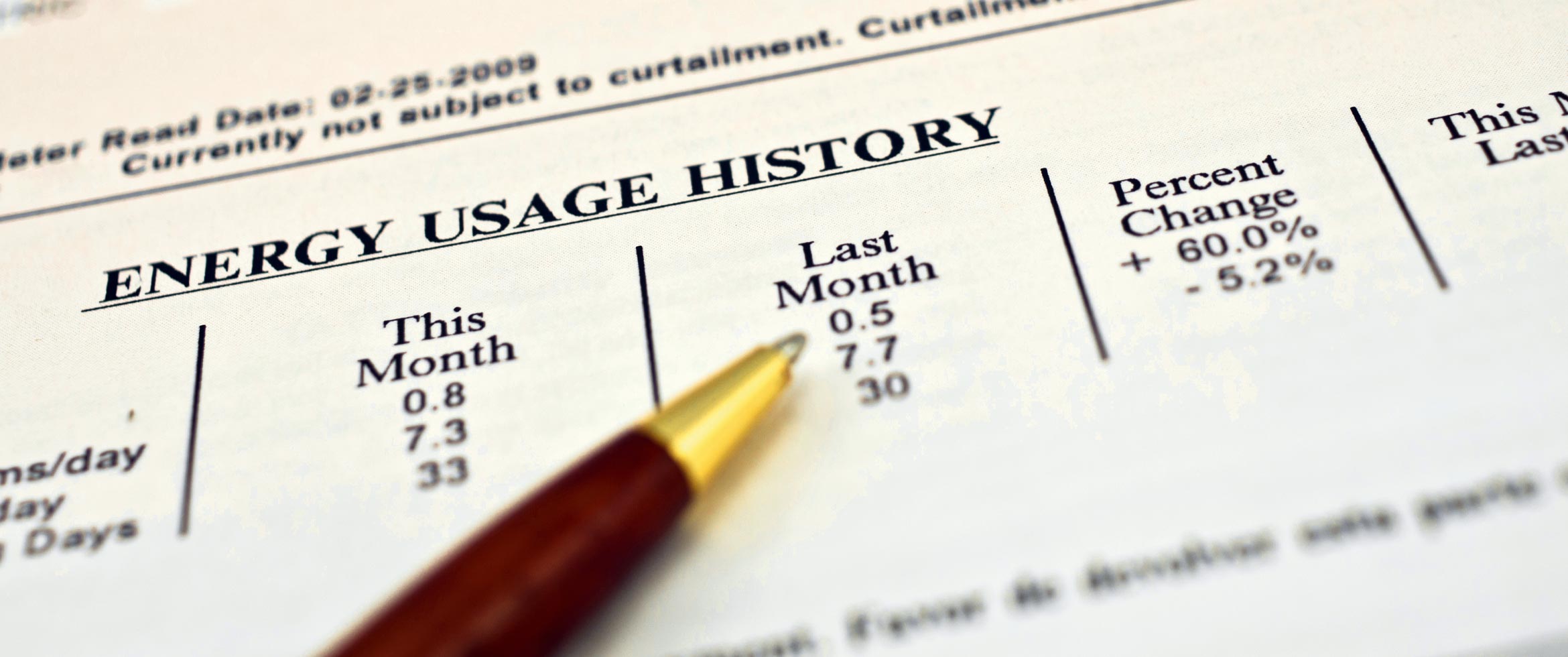Joint Effect of Feedback and Goal Setting on Performance: A Field Study of Residential Energy Conservation
Becker, L. J. (1978). Joint effect of feedback and goal setting on performance: A field study of residential energy conservation. Journal of Applied Psychology, 63, 4, 428-433.
Who Recycles and When? A Review of Personal and Situational Factors
Schultz, P. W., Oskamp, S., & Mainieri, T. (1995). Who recycles and when? A review of personal and situational factors. Journal of Enviornmental Psychology, 15, 2, 105-121.
Reducing Elevator Energy Use: A Comparison of Posted Feedback and Reduced Elevator Convenience
Van Houten, R., Nau, P. A., & Merrigan, M. (1981). Reducing elevator energy use: A comparison of posted feedback and reduced elevator convenience. Journal of Applied Behavior Analysis, 14, 4, 377-387.
Energy Conservation and Feedback Metering for the Automobile: Ideal Requirements
Weber, R. J. (1980). Energy conservation and feedback metering for the automobile: Ideal requirements. Bulletin of the Psychonomic Society, 16, 4, 301-302.
Feedback as a Means of Decreasing Residential Energy Consumption
Seligman, C., & Darley, J. M. (1977). Feedback as a means of decreasing residential energy consumption. Journal of Applied Psychology, 62, 4, 363-368.
The Impact of Personal Metering in the Management of a Natural Resource Crisis: A Social Dilemma Analysis
Van Vugt, M. & Samuelson, C. D. (1999). The impact of personal metering in the management of a natural resource crisis: A social dilemma analysis. Personality and Social Psychology Bulletin, 25, 6, 731-745.
Reducing Household Energy Consumption: A Qualitative and Quantitative Field Study
Brandon, G. & Lewis, A. (1999). Reducing household energy consumption: A qualitative and quantitative field study. Journal of Environmental Psychology, 19, 1, 75-85.
An Experimental Analysis of Electricity Conservation Procedures
Palmer, M. H., Lloyd, M. E. & Lloyd, K. E. (1977). An experimental analysis of electricity conservation procedures. Journal of Applied Behavior Analysis, 10, 4, 665-671.
Changing Organizational Energy Consumption Behaviour through Comparative Feedback
Siero, F. W., Bakker, A. B., Dekker, G. B., van-den-Burg, M. T. C. Changing organizational energy consumption behaviour through comparative feedback. Journal of Environmental Psychology, 16, 3,
A Student-Based Anti-Litter Program for Elementary Schools
Gendrich, J. G (1982). A student-based anti-litter program for elementary schools. Education and Treatment of Children, 5, 4, 321-335.



